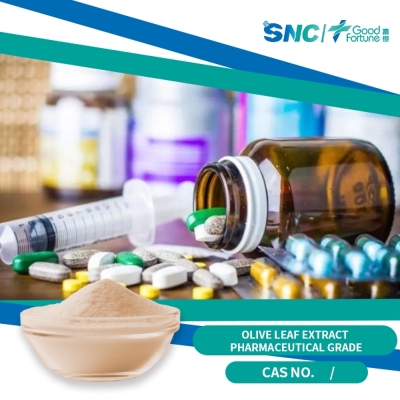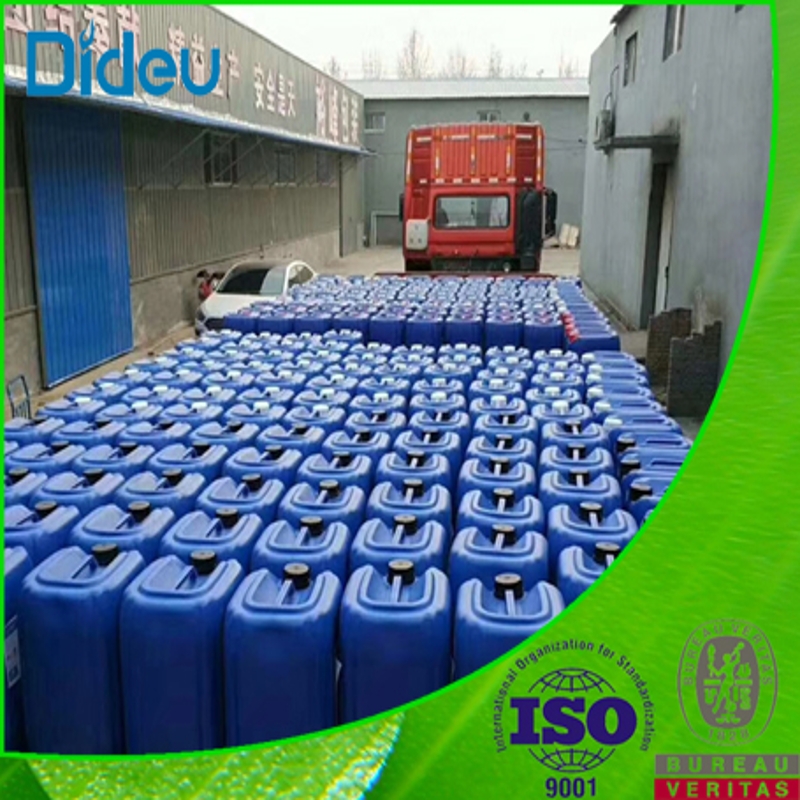-
Categories
-
Pharmaceutical Intermediates
-
Active Pharmaceutical Ingredients
-
Food Additives
- Industrial Coatings
- Agrochemicals
- Dyes and Pigments
- Surfactant
- Flavors and Fragrances
- Chemical Reagents
- Catalyst and Auxiliary
- Natural Products
- Inorganic Chemistry
-
Organic Chemistry
-
Biochemical Engineering
- Analytical Chemistry
-
Cosmetic Ingredient
- Water Treatment Chemical
-
Pharmaceutical Intermediates
Promotion
ECHEMI Mall
Wholesale
Weekly Price
Exhibition
News
-
Trade Service
Barnidipine hydrochloride is a pharmaceutical drug used for the treatment of hypertension and angina pectoris.
It belongs to the class of calcium channel blockers and works by relaxing the smooth muscle in the walls of blood vessels, which leads to dilation of the vessels and decrease in blood pressure.
The production process of barnidipine hydrochloride involves several stages, including synthesis, purification, and formulation.
Synthesis:
The synthesis of barnidipine hydrochloride involves several steps.
The first step is the synthesis of barnidipine, which is achieved by the reaction of diphenylmethane with bis(chloroacetyl)benzene in the presence of a solvent such as benzene.
The product is then purified by recrystallization and characterized by spectroscopic techniques such as 1H-NMR and MS.
Purification:
The purification of barnidipine hydrochloride involves several steps, including recrystallization, chromatography, and precipitation.
Recrystallization is used to remove any impurities that may have been introduced during the synthesis process.
Chromatography involves the separation of the pure compound from any remaining impurities using a stationary phase.
Precipitation involves the formation of a salt with a suitable ligand, such as hydrochloric acid, to remove any remaining impurities.
Formulation:
The final step in the production process of barnidipine hydrochloride is formulation.
This involves mixing the pure compound with excipients such as lactose, starch, and magnesium stearate to create a stable and palatable form of the drug.
The formulation is then processed into the desired dosage form, such as tablets or capsules, using techniques such as compression or extrusion.
Quality Control:
Quality control is an essential step in the production process of barnidipine hydrochloride.
This involves testing the final product to ensure that it meets the required specifications for purity, potency, and stability.
Tests may include spectroscopic techniques, such as 1H-NMR and MS, to confirm the identity of the compound, as well as tests for impurities, such as heavy metals and microbial contamination.
Production Scale:
The production scale for barnidipine hydrochloride depends on the demand for the drug.
The process can be scaled up or down depending on the needs of the manufacturer.
However, it is important to note that the production process of barnidipine hydrochloride involves several stages, including synthesis, purification, and formulation, and each of these stages must be carefully controlled to ensure the quality of the final product.
Cost:
The cost of production of barnidipine hydrochloride depends on several factors, including the cost of raw materials, the scale of production, and the purity and quality of the final product.
However, it is important to note that the cost of production can be reduced by optimizing the synthesis and purification steps, as well as by using cost-effective excipients in the formulation stage.
Conclusion:
The production process of barnidipine hydrochloride involves several stages, including synthesis, purification, and formulation.
Each of these stages must be carefully controlled to ensure the quality and stability of the final product.
Quality control is essential to ensure that the drug meets the required specifications for purity and potency.
The production scale of barnidipine hydrochloride depends on the demand for the drug, and cost-effective measures can be taken to reduce the cost of production.







